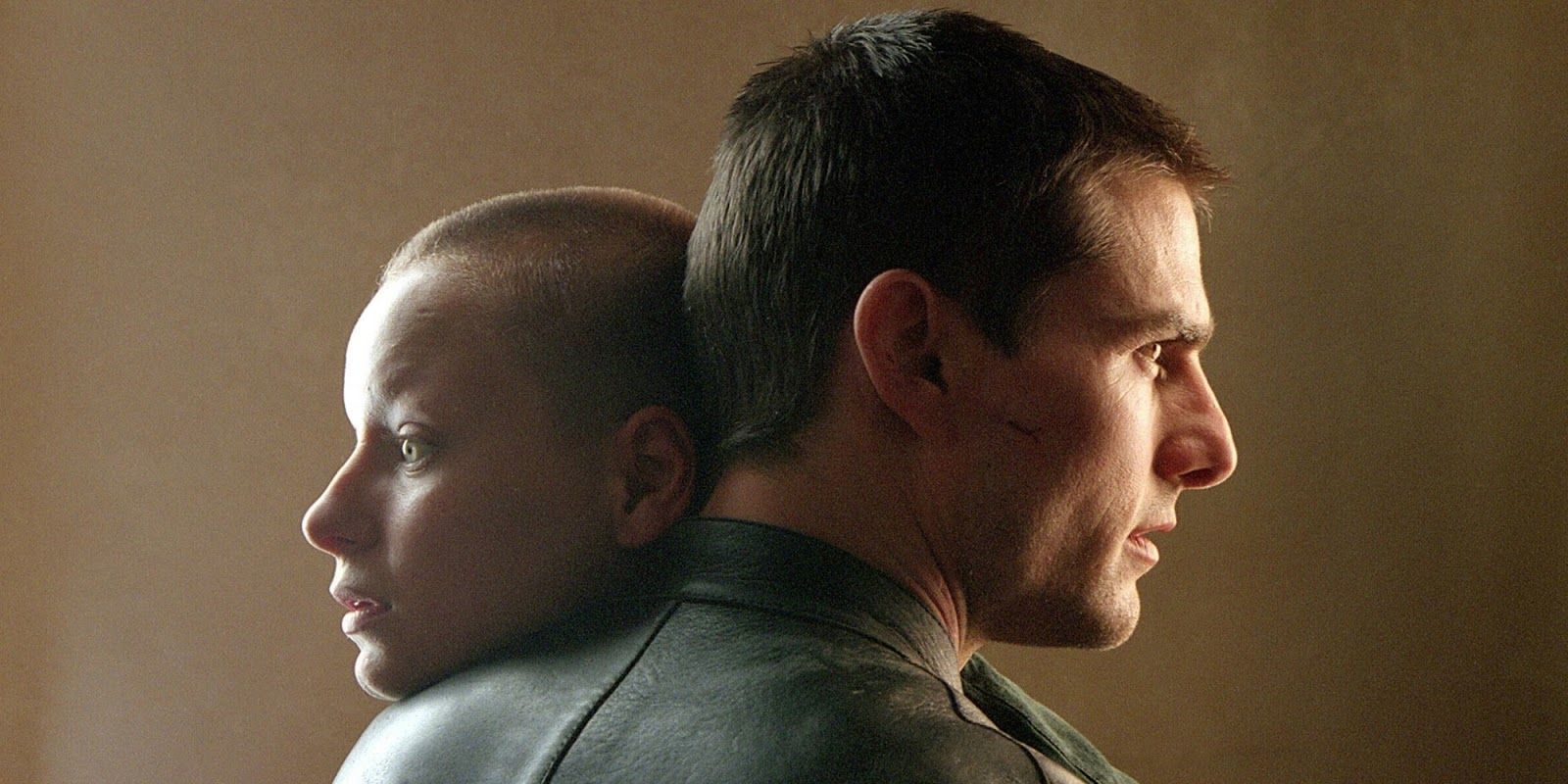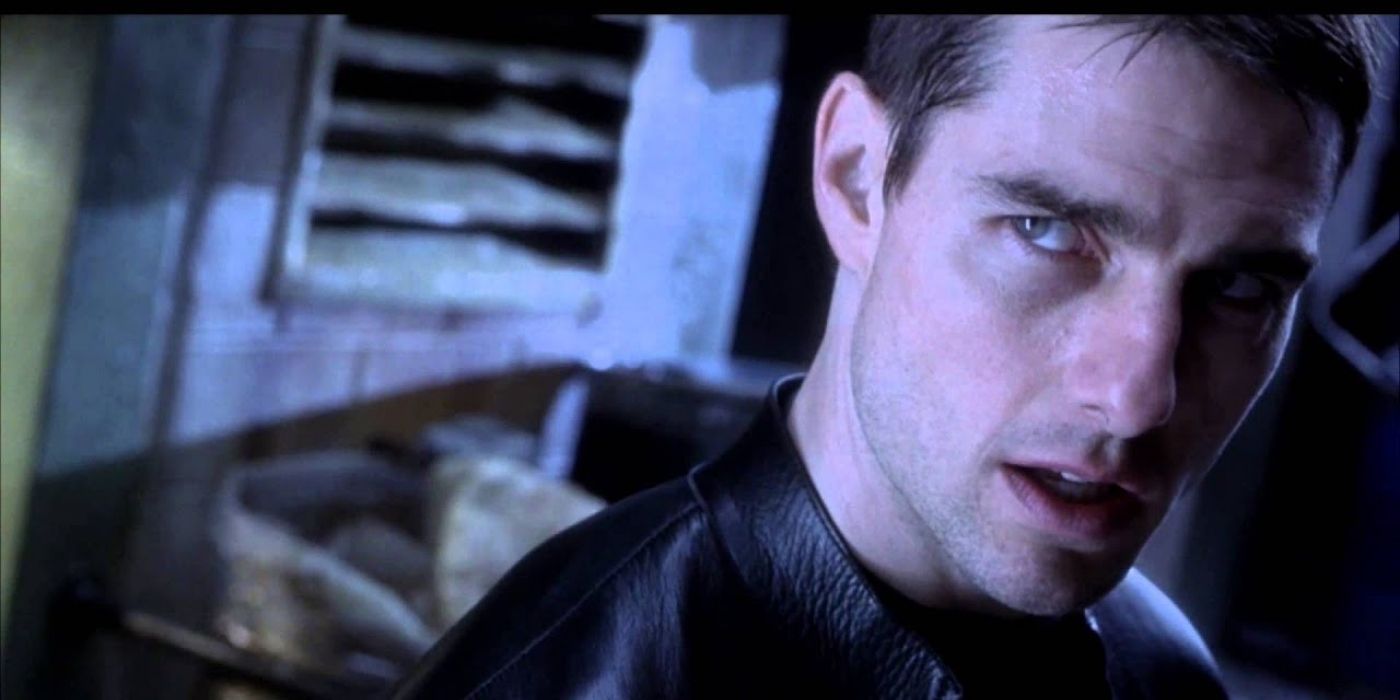Steven Spielberg’s cinematic pedigree is practically beyond reproach, with over 40 films in his storied career and a heaping number of classics sprinkled liberally throughout. From his first feature, Duel -- a TV movie good enough to earn a theatrical release -- to his copious summer blockbusters and the more mature work of his later career, he constantly rises to the occasion and makes the most of his widely varied material.
In the midst of it, it’s easy to overlook several flat-out masterpieces that have to compete for attention with better-known works. Perhaps the most notable is Minority Report, his 2002 science-fiction epic that still constitutes one of his indisputable masterpieces. And yet it never quite received its due, owing in part to its placement in the great director’s career.
Certainly, Minority Report’s credentials are unimpeachable, with a 90 percent Tomatometer rating on Rotten Tomatoes and a respectable if not eye-popping $358 million worldwide gross at the box office. It found the director in one of his darker creative periods, having just come off of Amistad, Saving Private Ryan and A.I.: Artificial Intelligence. Minority Report was based on a Philip K. Dick story, whose paranoid and existential visions seemingly sat at odds with Spielberg’s more hopeful ones. It depicted a future in which all murders could be anticipated and prevented, thanks to a trio of “Precogs,” who provided details of the crime before it happened.
On its most basic level, Minority Report reflects the popcorn roller coasters that Spielberg made his name on, complete with compelling visual effects and exciting action. The story kicks off when Tom Cruise’s police officer John Anderton is accused of a future crime, forcing him to abduct one of the Precogs to avoid his seemingly inescapable fate. That includes its share of chases and evasions -- topped by a sequence in which Anderton escapes a phalanx of pursuers by adhering to the Precog’s instructions as she reads the immediate future to determine where his pursuers will be.
But beyond that, it not only understands a good deal about Dick’s dystopian vision but presents an eerily plausible future in which some of his most disturbing notions have become commonplace. The precognition system has made homicide a thing of the past, at least in Minority Report’s Washington DC setting, but that comes at the cost of an unsettling surveillance state where violations of privacy have become routine. Those arrested for crimes they haven’t yet committed are sentenced to a living death in a permanent coma state, even though -- strictly speaking -- they didn’t actually commit any crimes.
Spielberg develops these notions as thoughtfully as the more technical components, as well as creating a gorgeous visual palate with which to deliver it all. At its core is a legitimate meditation on the nature of free will, wrapped in an irresistible murder mystery and punctuated by one of Cruise's best performances. And despite its closing message of reconciliation and honesty, it carries shadows far darker than many of the director’s other films.
And yet it tends to be treated as an also-ran when comparing Spielberg’s best work. Minority Report was released a few months before Catch Me If You Can, which subsequently marked the beginning of a comparative dry spell for the director. That left it unjustly overlooked, though its 20th anniversary is a great opportunity for a re-evaluation. There is nothing else in Spielberg’s canon quite like it.



